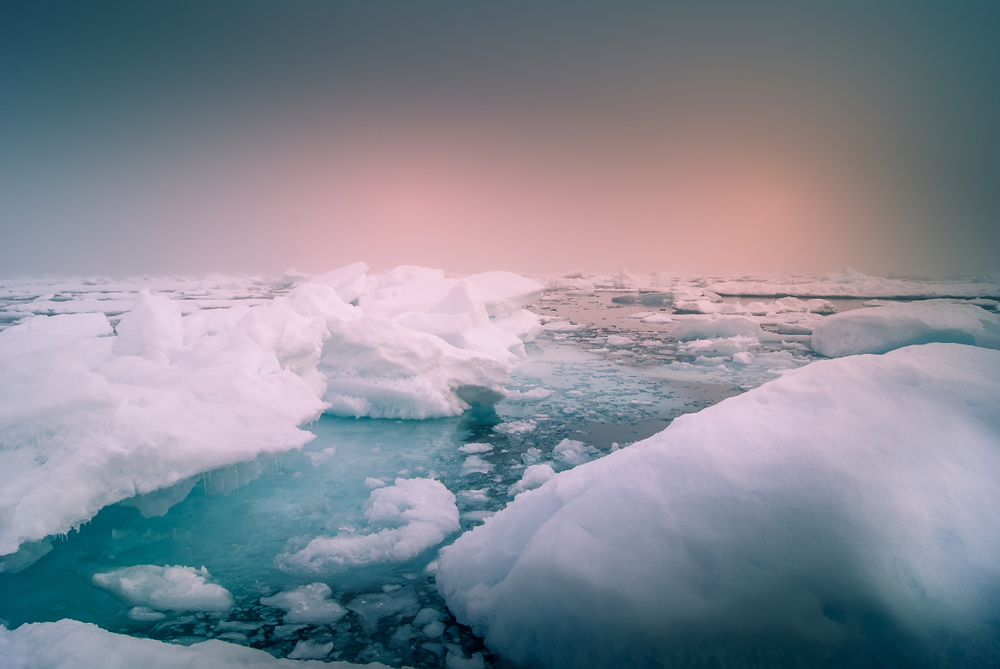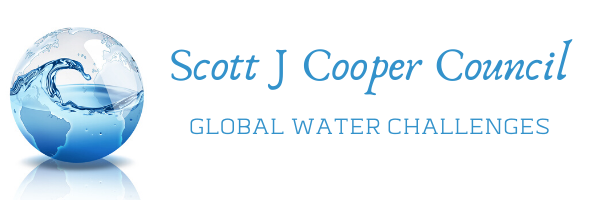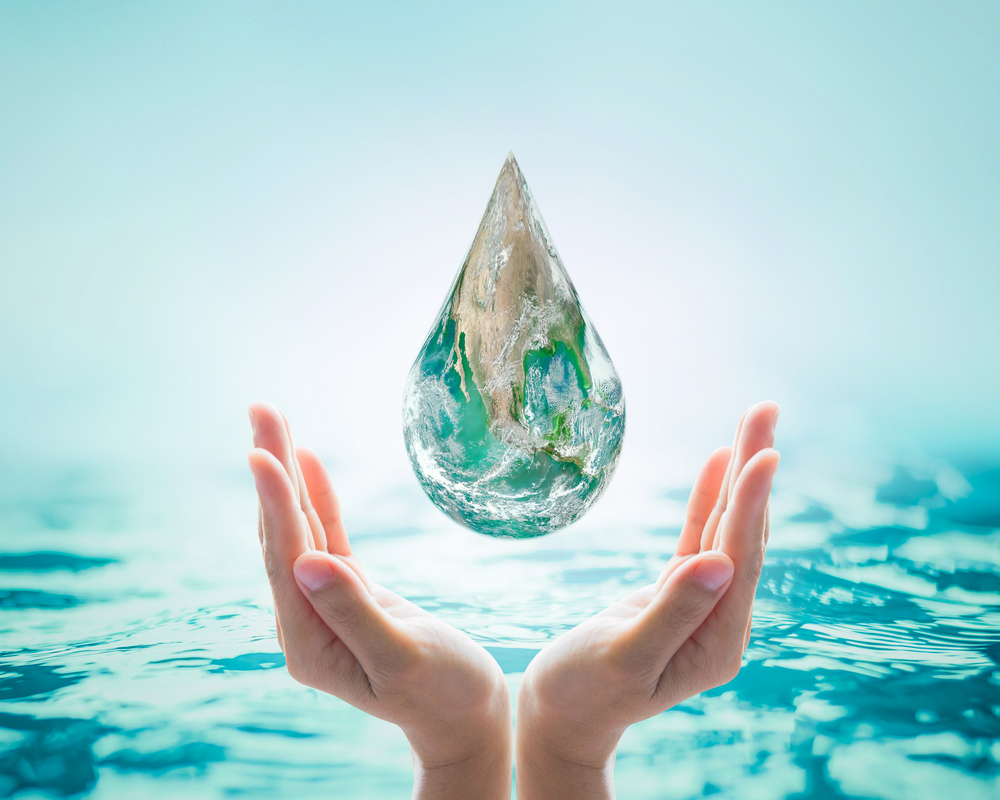Why We Must Limit Water Consumption
Water is central to our lives. We can’t survive more than a few days without it. Right now, the world is facing a water crisis. Despite water covering 70% of the planet, only 2.5% is freshwater. Beyond this, there are 790 million people without access to water.While water scarcity is a global issue, we need to take steps to address this problem locally.
Why, then, are we running out of fresh water?
Global Warming Is Forcing Us To Limit Our Water Consumption
Climate change is the driving force for this water scarcity. It’s the core reason why millions and millions of people are running out of water and the need for us to limit water consumption. We are altering the Earth’s natural water cycle. Humans have disturbed roughly 75% of the world’s ice-free land surface. This havoc has been wreaked through the destruction of wetlands, deforestation, and agriculture more widely.

You might hear about water shortages in California and Cape Town, in Tokyo and Beijing, but they likely don’t seem too close to home. Indirectly, though, these regional water crises impact us all, just as they affect all ecosystems.
Natural Disasters and Water Loss
Water loss can also be attributed to natural disasters. In Chennai, India, for instance, the city is experiencing acute water scarcity issues and suffering from extended periods of time without rain triggering droughts. There are also major hurricanes in Chennai that bring in huge volumes of water. While this might sound appealing, it’s washed right back into the ocean before it can be harnessed and used.
Even if we try to blame natural disasters, though, it’s often human behavior that inflames them and is creating the need to limit our water consumption. In Chennai, the devastating hurricanes are caused by an increase in atmospheric temperatures. Man-made greenhouse gases are responsible for this rise in global temperatures.
If you are accustomed to endless water on demand, this water crisis might not seem relevant. The reality is, those living in water-rich areas should be doing what they can to improve the overall global water crisis.
It’s Our Responsibility
Limiting water consumption is an issue that can be tackled in your own home. Using native plants that are hardy in dry conditions can help you to use less water. Relying less on expanses of green lawn can also help. You could install products like low-flow shower heads and toilets. Front-loading washing machines use less water. These small things help on a larger scale when we are doing it.
If you care about the global community, do what you can to conserve water at home even if you have an endless supply. Many don’t enjoy that luxury.

